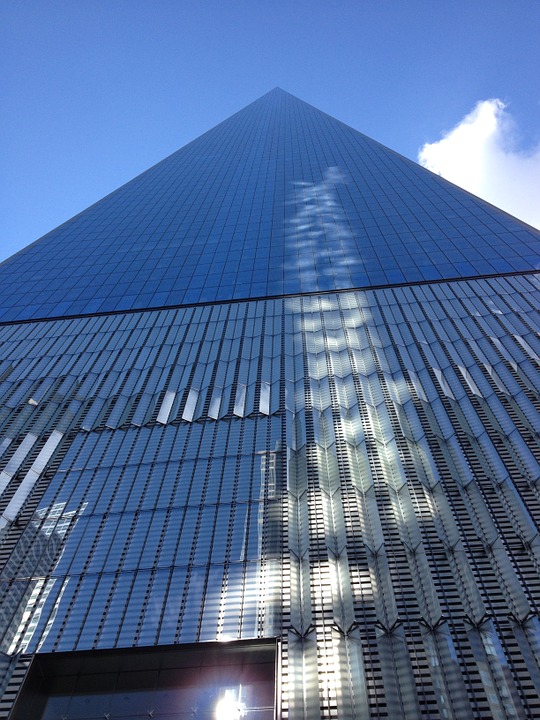Amendment of Labor Standards Act (1) – Annual Paid Leave
December 26, 2019The ABC of International Divorce in Korea
December 26, 2019
There have been major changes in Korean Labor Standard Act since this year. I’d like to introduce key points in revised Labor Standard Act (hereafter referred to as the “Act”).
1. Changes of Annual Paid Leave (enforced on May 29th, 2018)
Before looking into the amendment of the annual paid leave, please note that the Article on annual paid leave shall be applied only to the workplaces having not less than five ordinarily employed workers. First of all, as I mentioned in the previous post, since the third paragraph of Article 60 was removed, an employer shall give the worker for the first year 11 days of a paid leave, and the worker for the second year 15 days of it. As a result, the worker may have 26 days of paid leaves for the first two years at the most.
Second, there was change in the way to count the days of attendance when granting annual paid leaves to the workers having been on childcare leave. Before the amendment, the childcare leave was not deemed the period of attendance at work, but thanks to the amendment, childcare leave shall be regarded as attendance at work. Accordingly, the workers having childcare leave shall not be disadvantaged when granted the future annual paid leave.
2. Shortened Working Hours (enforced on July 1st, 2018)
The restrictions on the working hours of the Labor Standards Act are also applied only to the workplaces in which not less than five workers are ordinarily employed. According to the amendments, working hours is shortened. First, the Article 1 of the Act defines ‘a week’ as consecutive 7 days including holidays, so working hours shall not be extended over 12 hours for a week, that is 7 days including holidays. If an employer violates the restrictions, he or she shall be punished by imprisonment for not more than two years or by a fine of not exceeding ten million won based on the Article 110 of the Act.
Second, as for the workplaces and the businesses having not less than 300 ordinary workers, the maximum working hours including extended working hours was changed to 52 hours per week on July 1st, 2018. This amendment will be also applied to the workplaces and the businesses having not less than 50 ordinary workers on January 1st, 2020 and the ones with not less than 5 on July 1st, 2021. Additionally, since July 1st, 2018, the number of the exceptional business areas which may not be applied by the restrictions on working hours was decreased into five as follows;
a) overland transport service business and pipeline (route passenger transport business according to 1 of the first paragraph of the Article 3 of Passenger Transport Service Act is excluded)
b) water transport service business
c) air transport service business
d) other transport related service business
e) health service business
3. Public Holidays As Paid Holidays (enforced on July 1st, 2018)
The amended Act and its Enforcement Decree stipulates that the holidays in the Regulations on Holidays of Government Offices shall be paid holidays. The amendment will be applied to the workplaces and businesses according to the number of the ordinary workers by stages since January 1st, 2020.
4. Additional Wages for Extended Work and Holidays Work (enforced on July 1st, 2018)
The second paragraph of the Article 56 on the standards to pay for the additional wages for extended work and holidays work has been inserted. As for holidays work not more than eight hours, an employer shall, in addition to the ordinary wages, pay 50 percent or more thereof for the work. If a worker works for more than eight hours on holidays, the employer shall, in addition to the ordinary wages, pay 100 percent or more thereof for the work.
If you have any further inquiries, please request a consultation (https://lawyerhwang.com/consultation/). My office is located near Seoul District Court and Gyodae subway station in Seoul.
All rights reserved.
Related posts
Blog Articles
Contact Information
201, 160, Seochojungang-ro, Seocho-gu, Seoul, Republic of korea.
Phone: +82-2-535-1235
Mobile: 010 5349 1235
Fax: +82-2-536-1236
Email: [email protected]

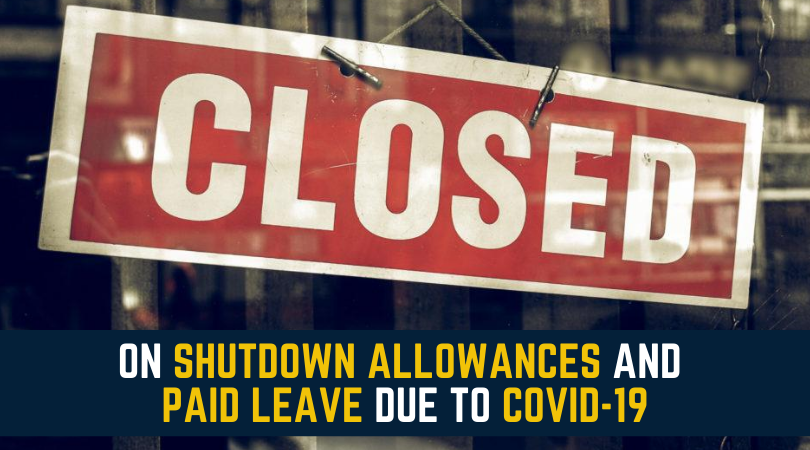
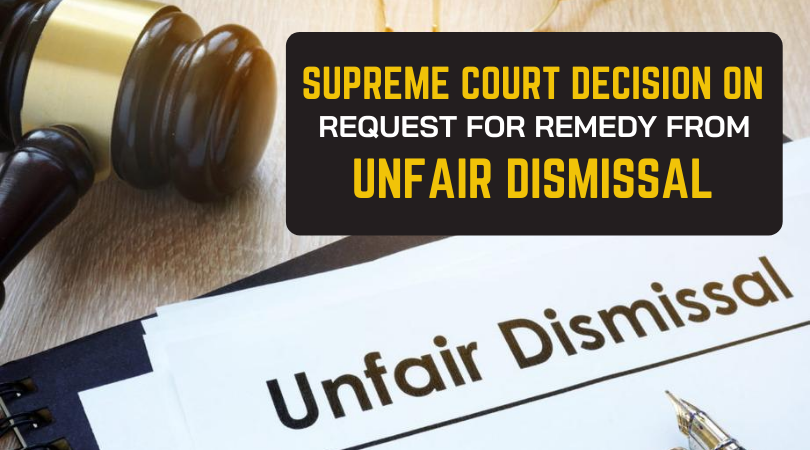






















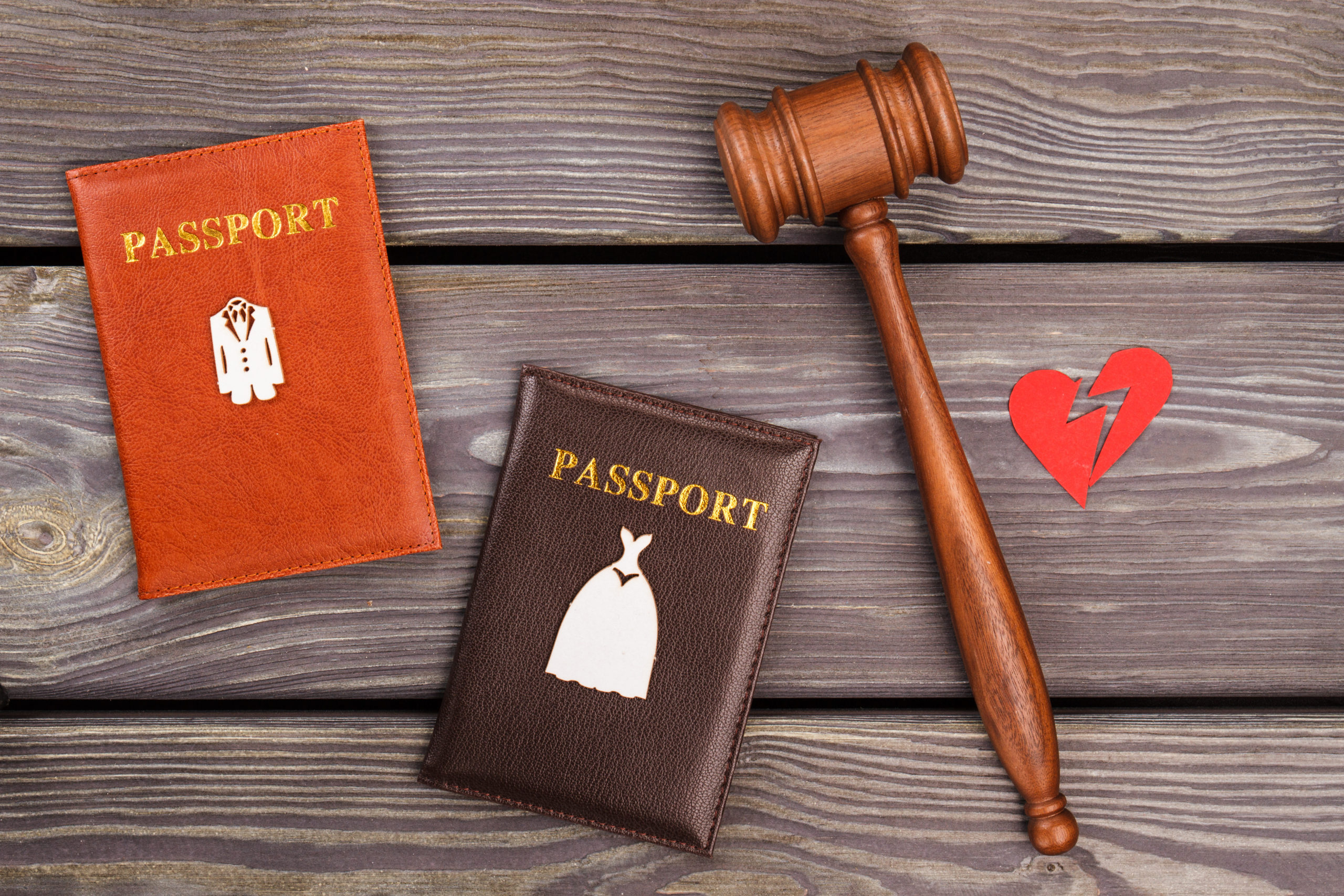



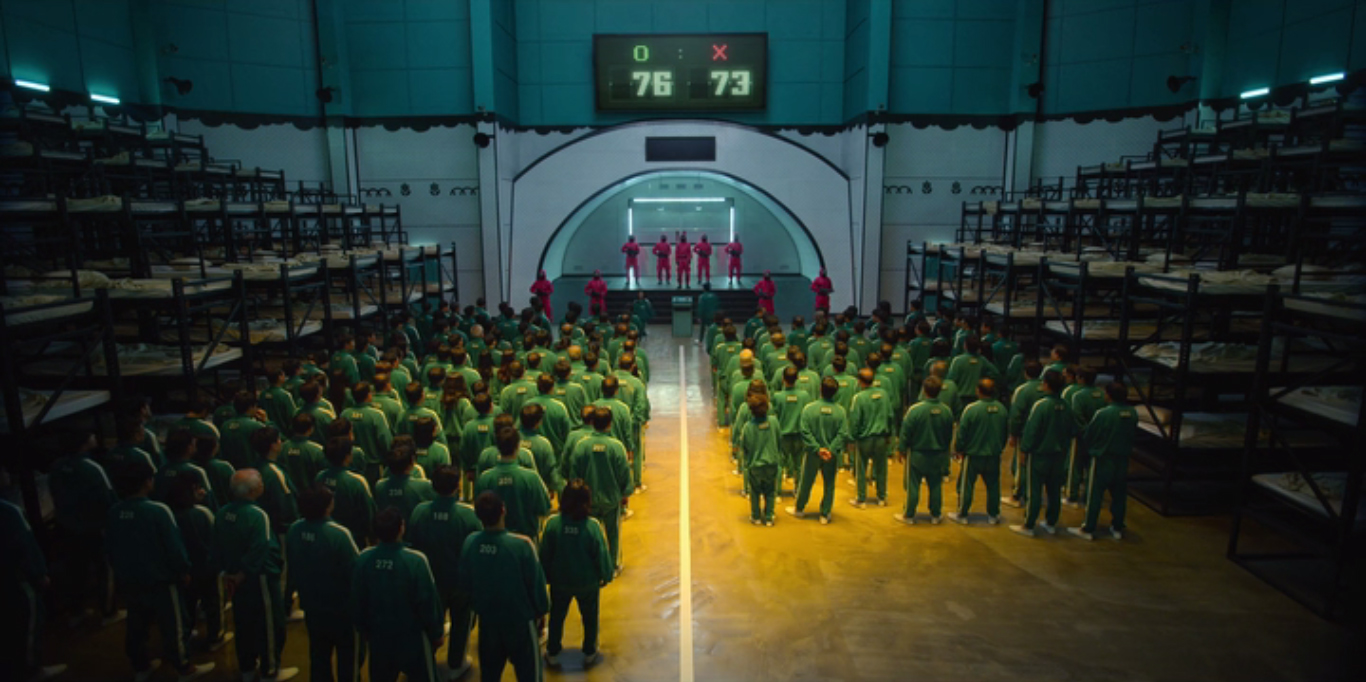

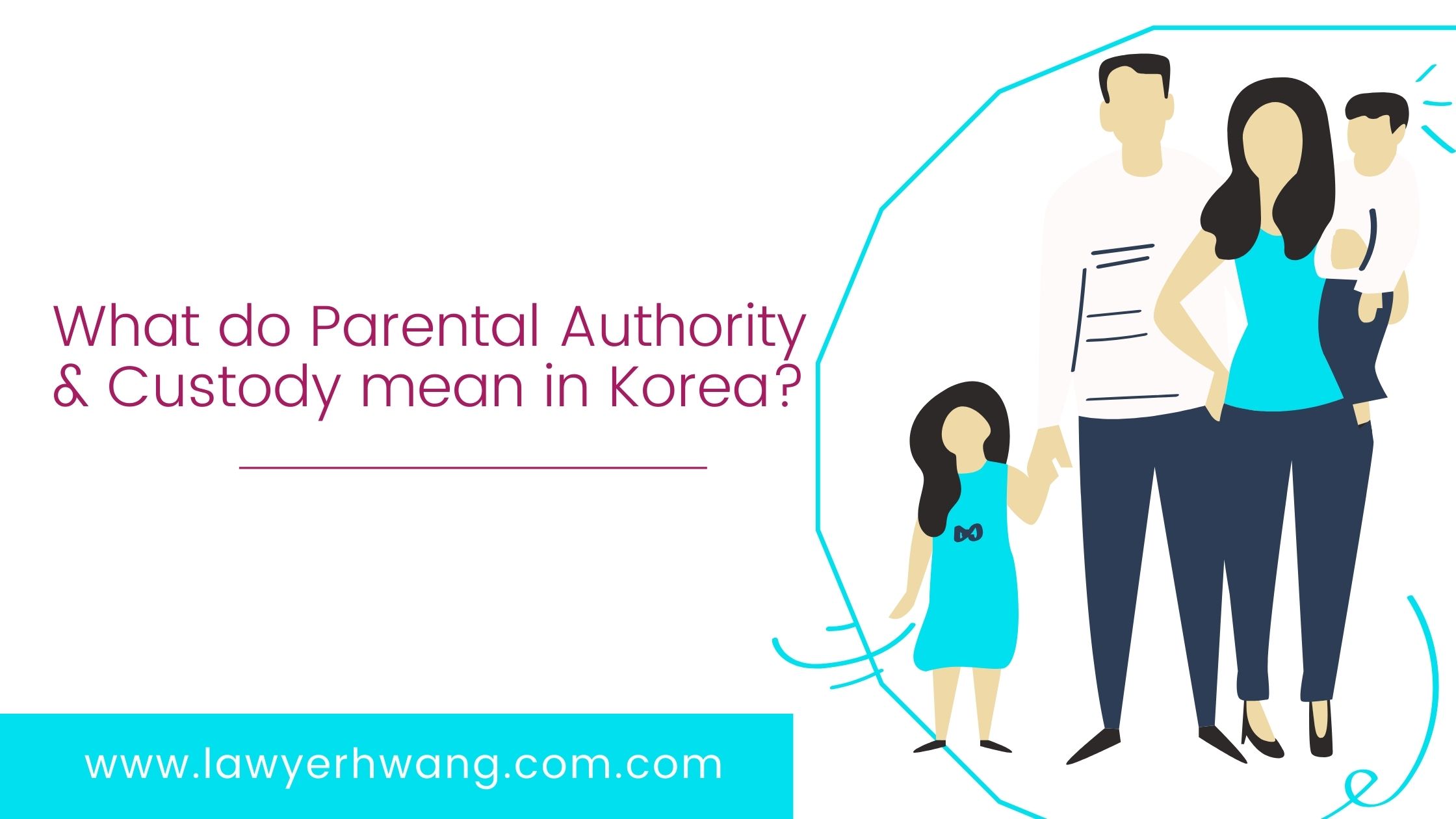


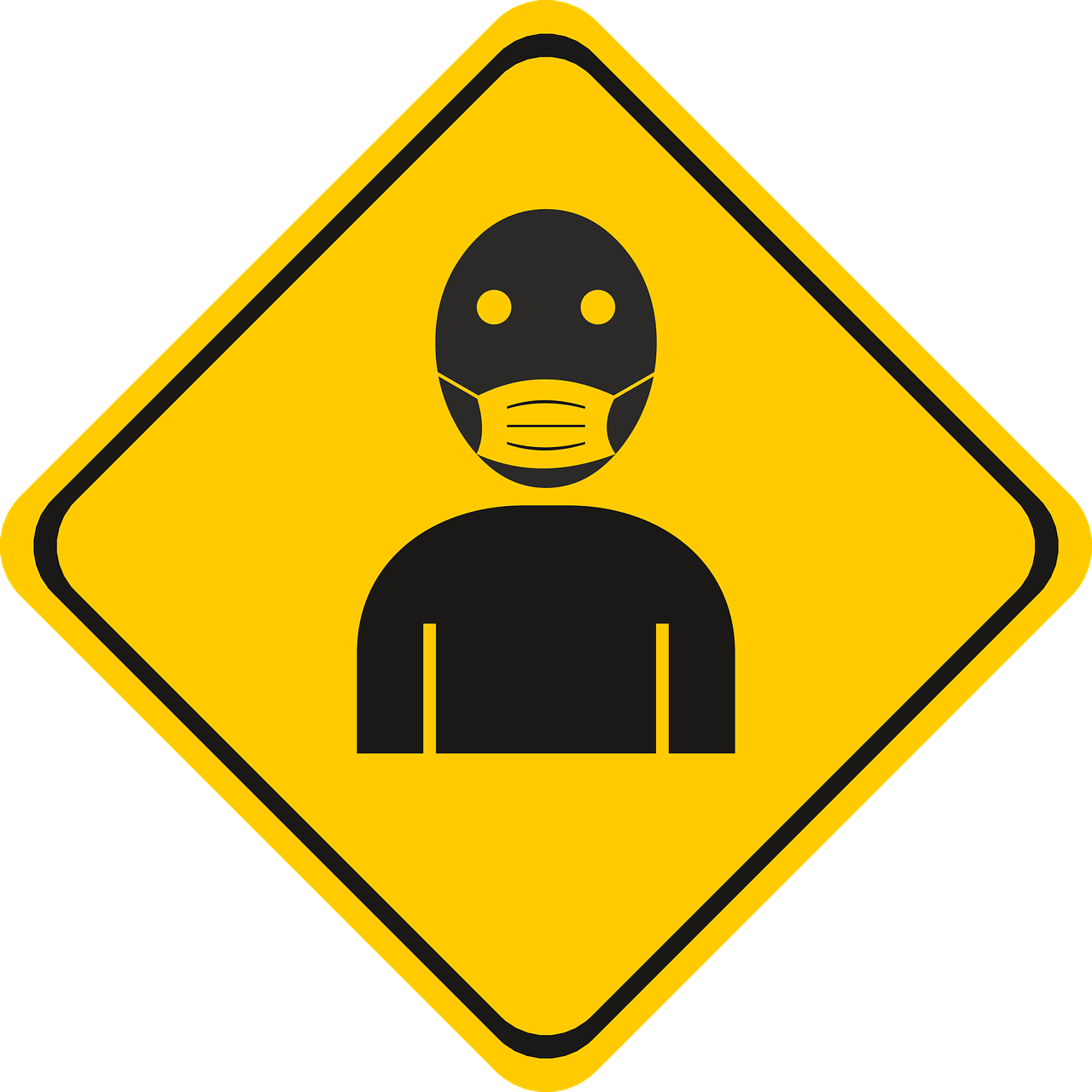
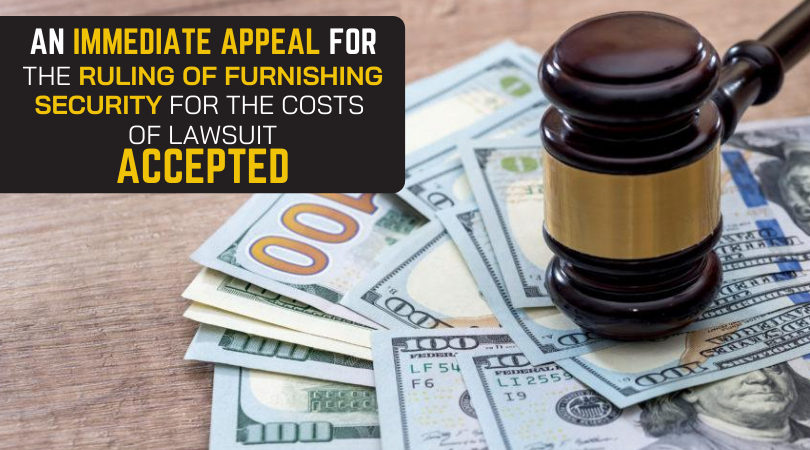
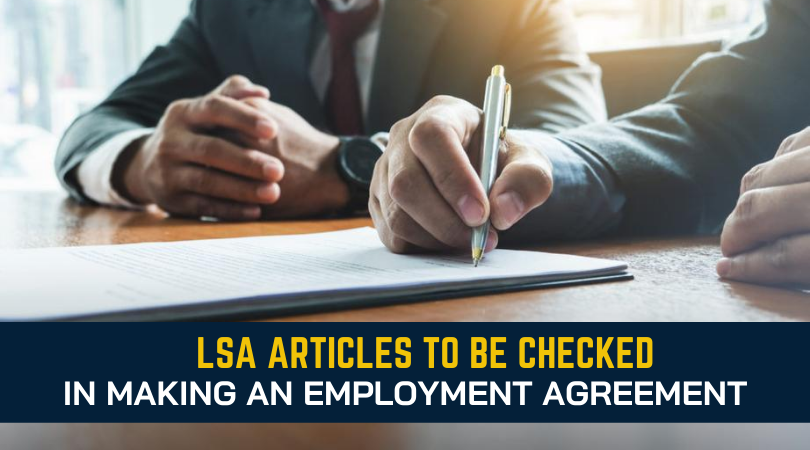
![[Supreme Court Decision – Criminal Law] – On Intent of Defamation](https://lawyerhwang.com/wp-content/uploads/2020/03/Supreme-Court-Decision-–-Criminal-Law-–-On-Intent-of-Defamation.png)
![[Supreme Court Decision – Criminal Law] – On Uploading a “Torrent File” of Obscene Videos](https://lawyerhwang.com/wp-content/uploads/2020/03/Supreme-Court-Decision-–-Criminal-Law-On-Uploading-a-“Torrent-File”-of-Obscene-Videos.png)




























